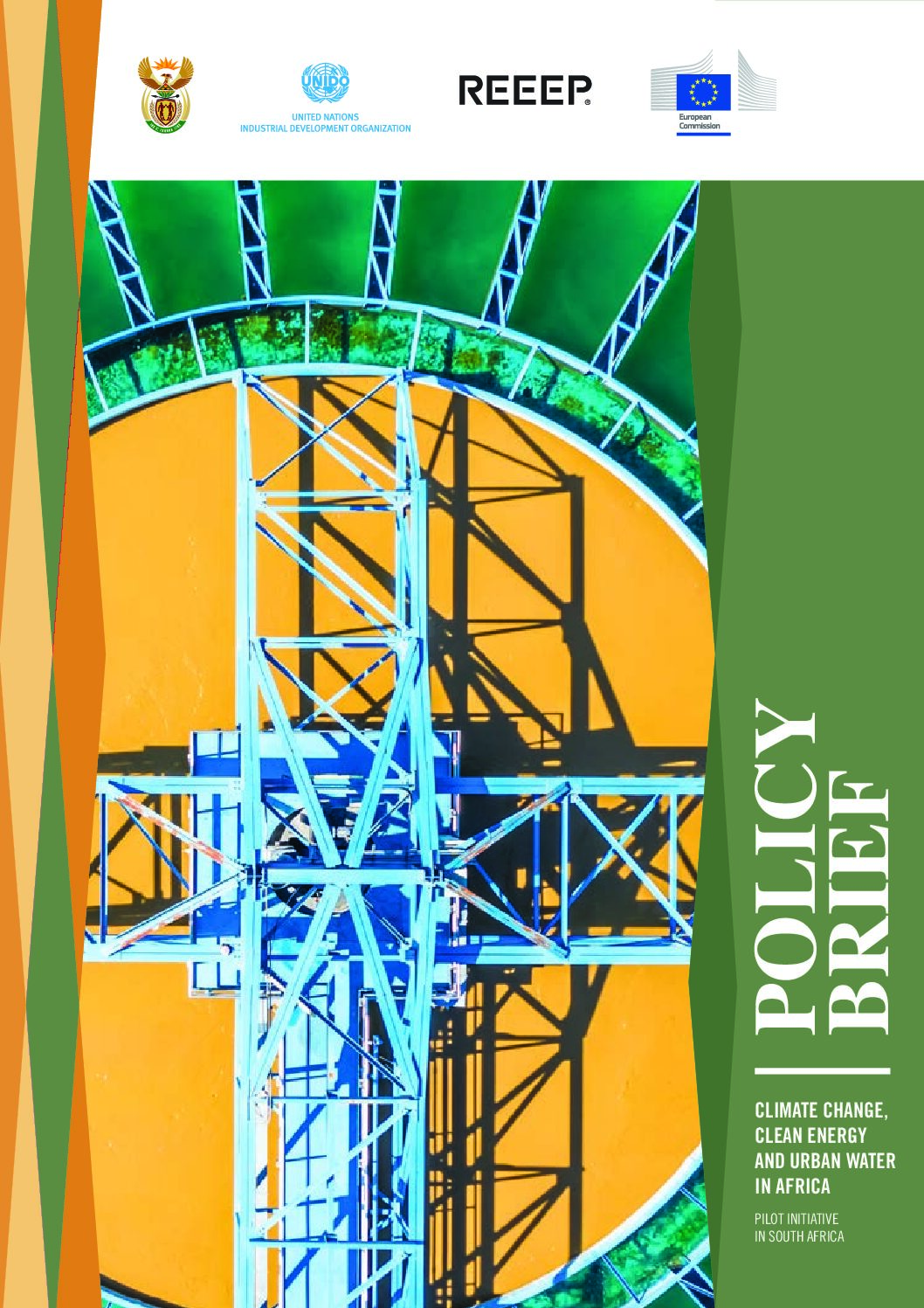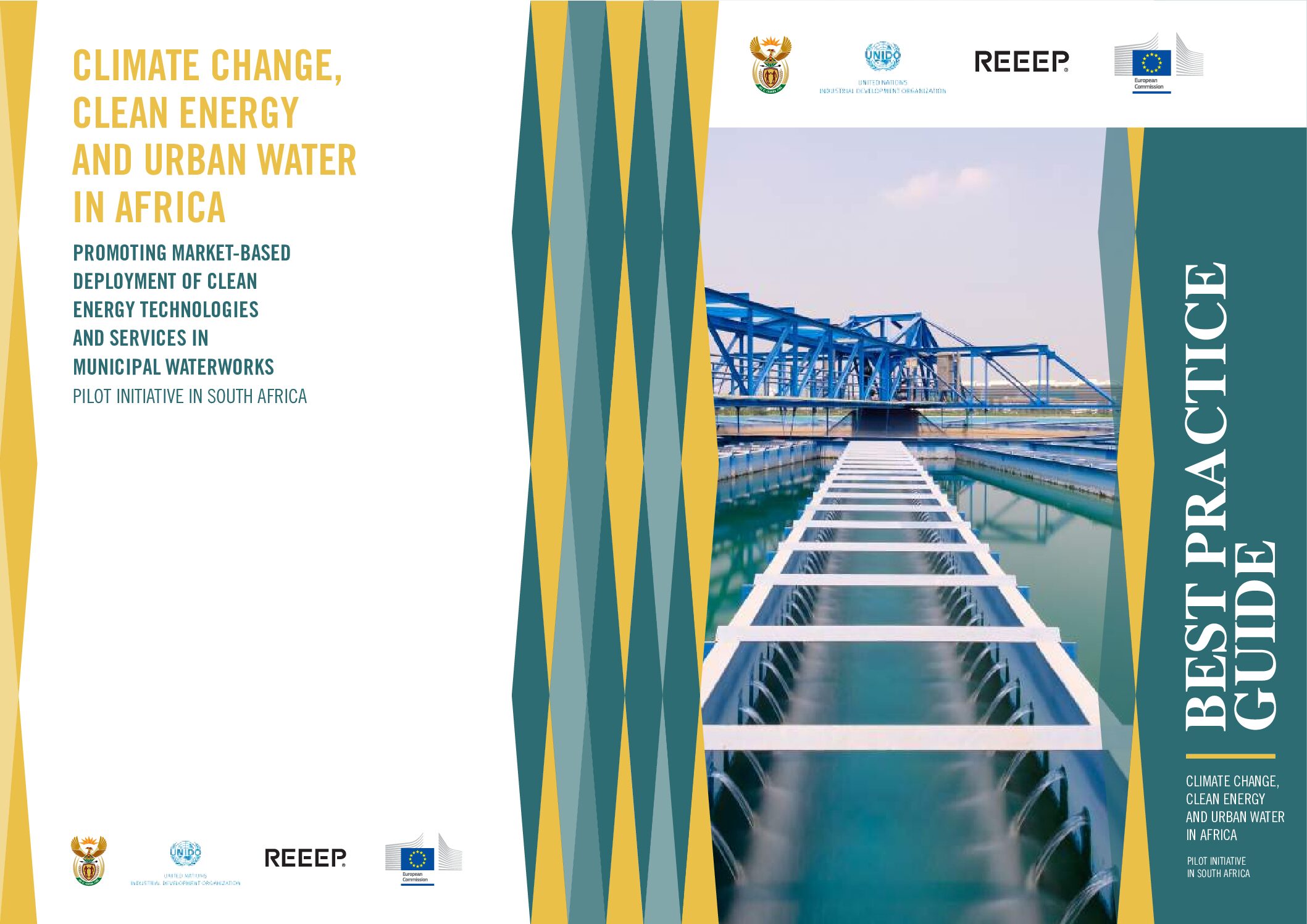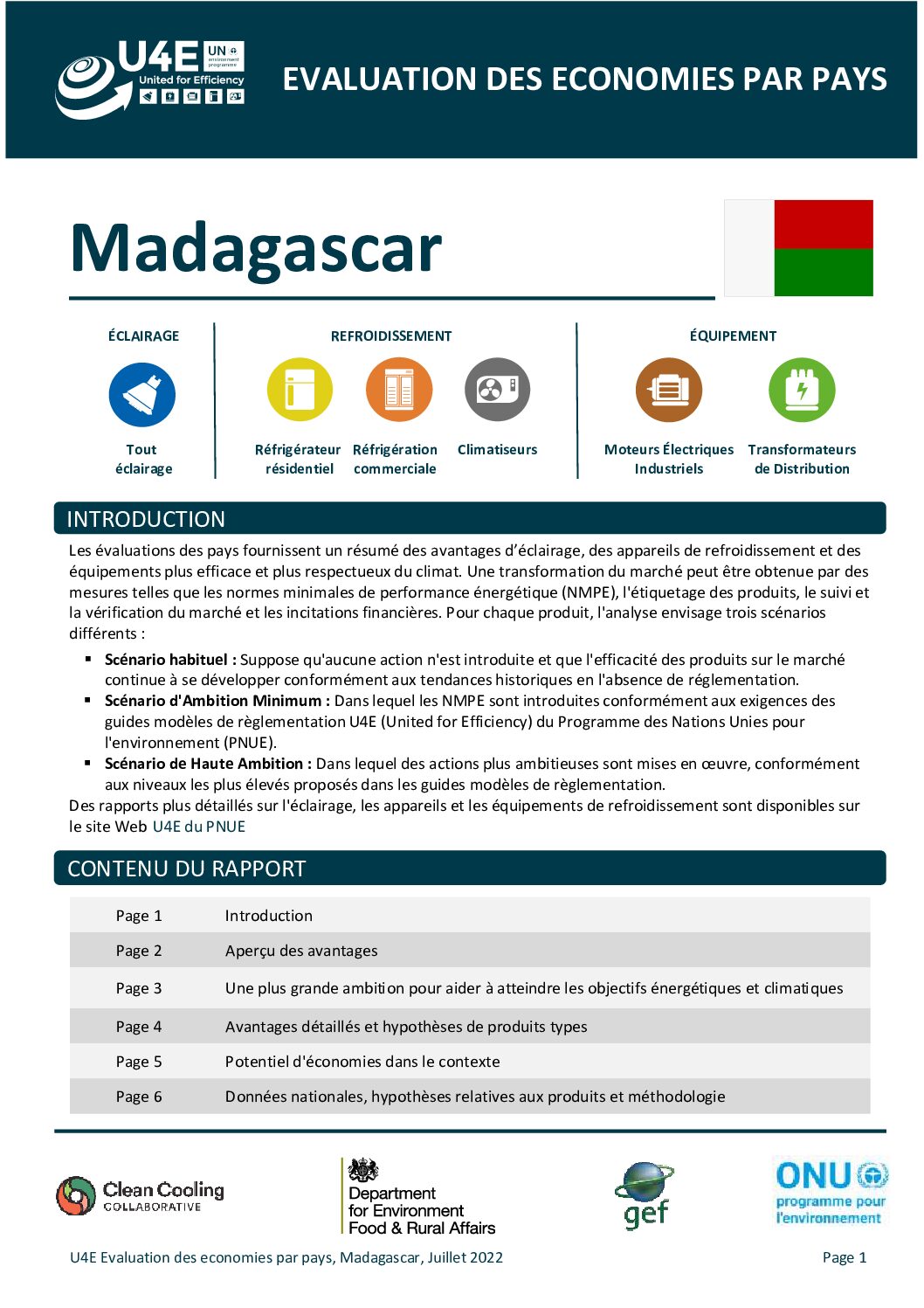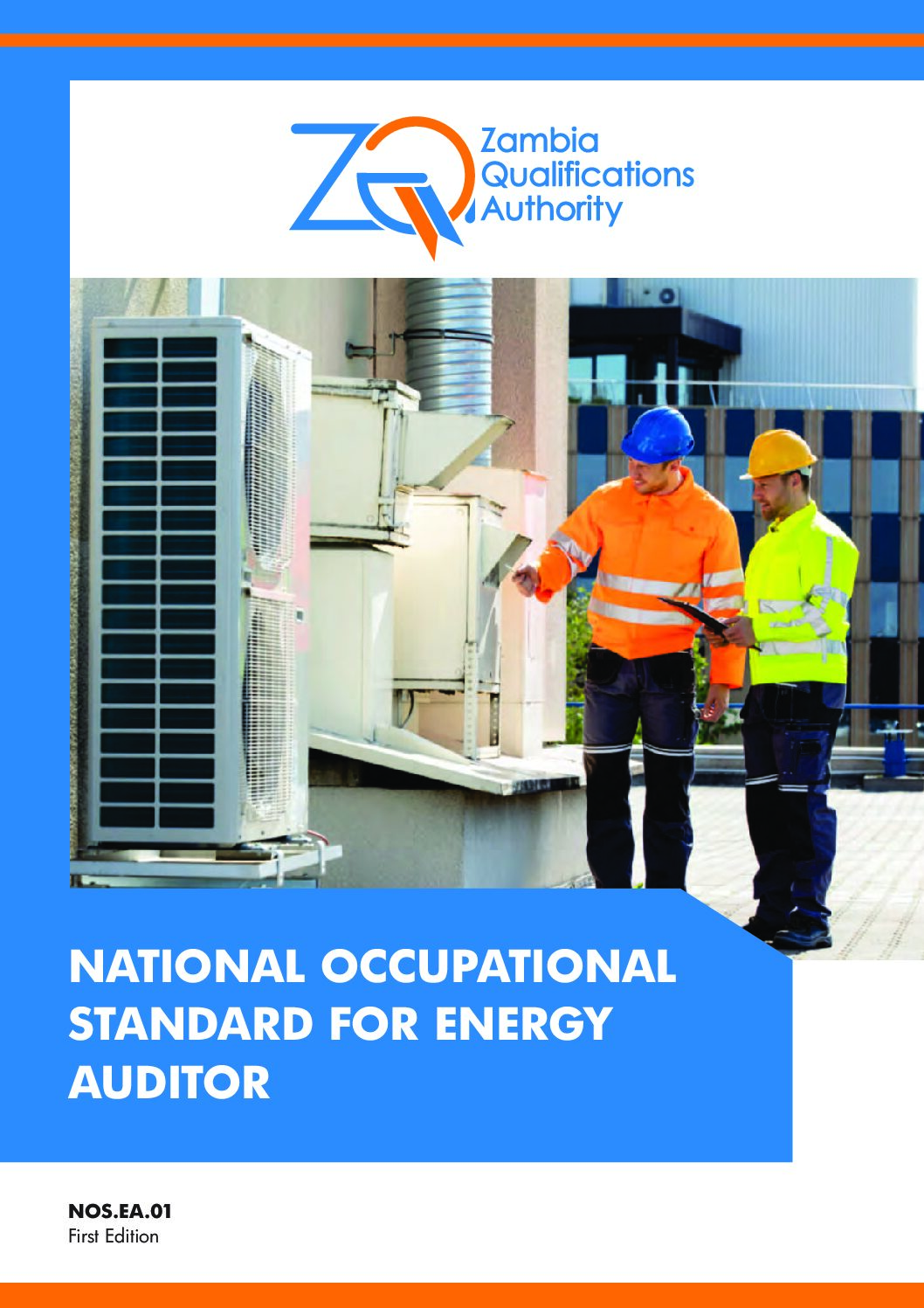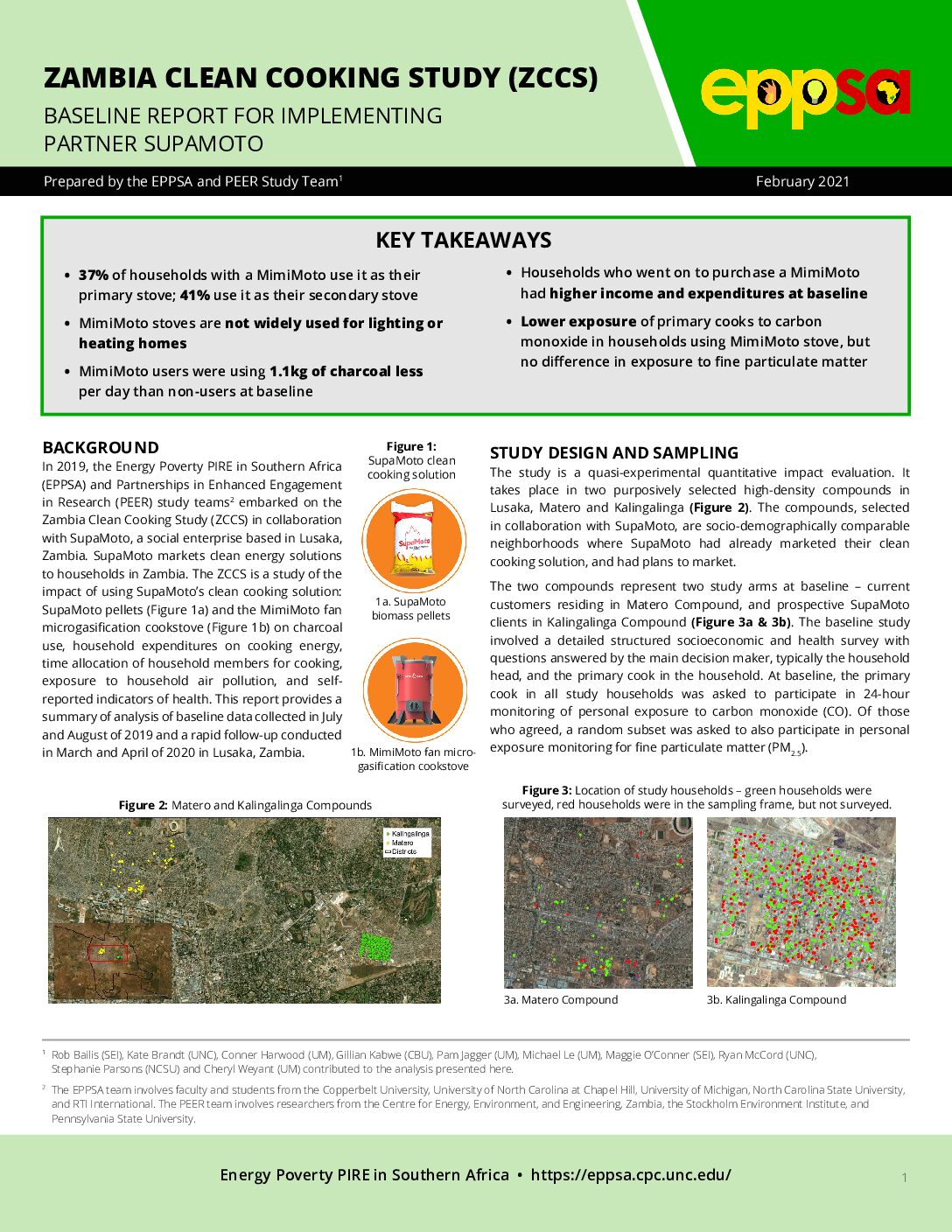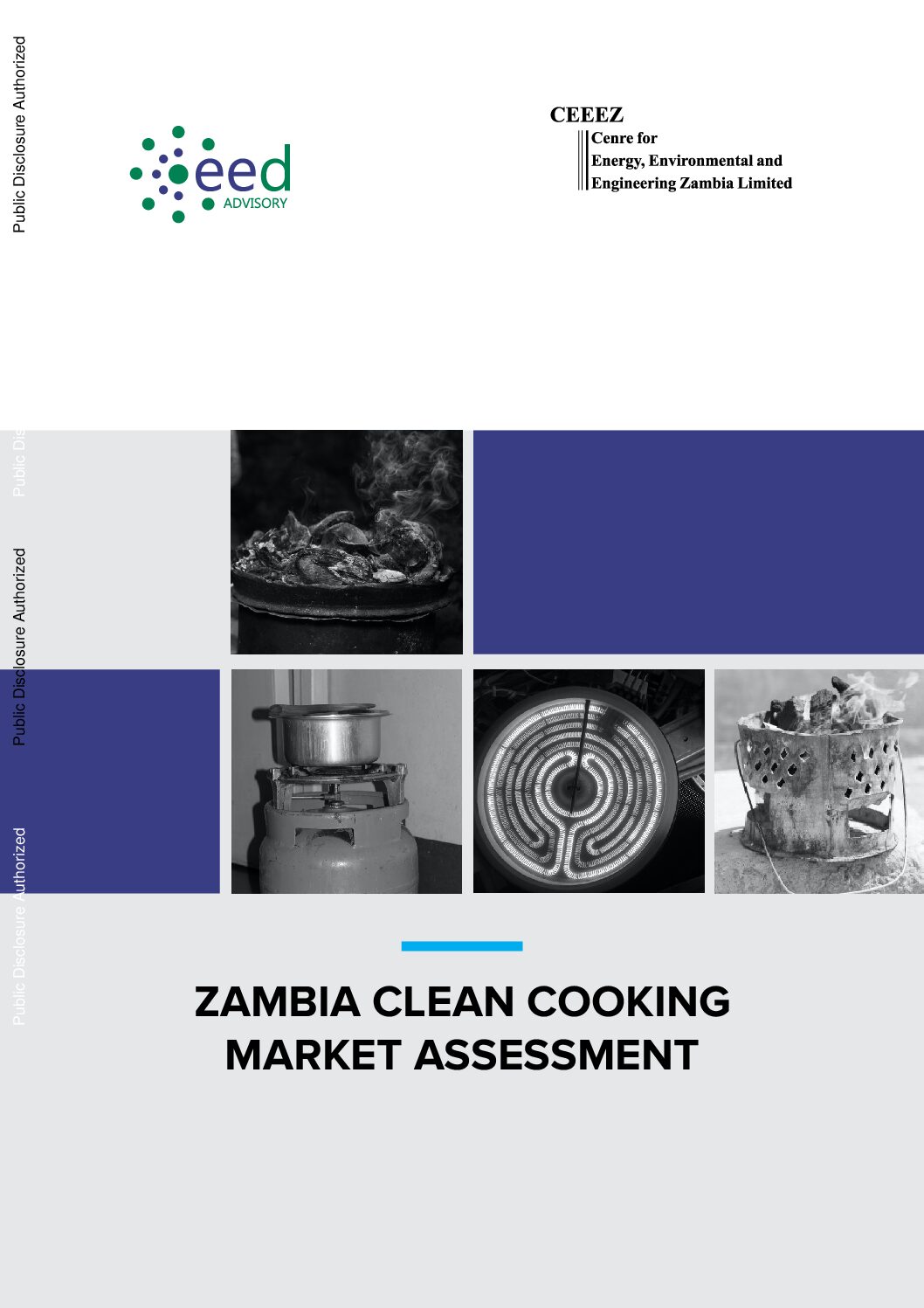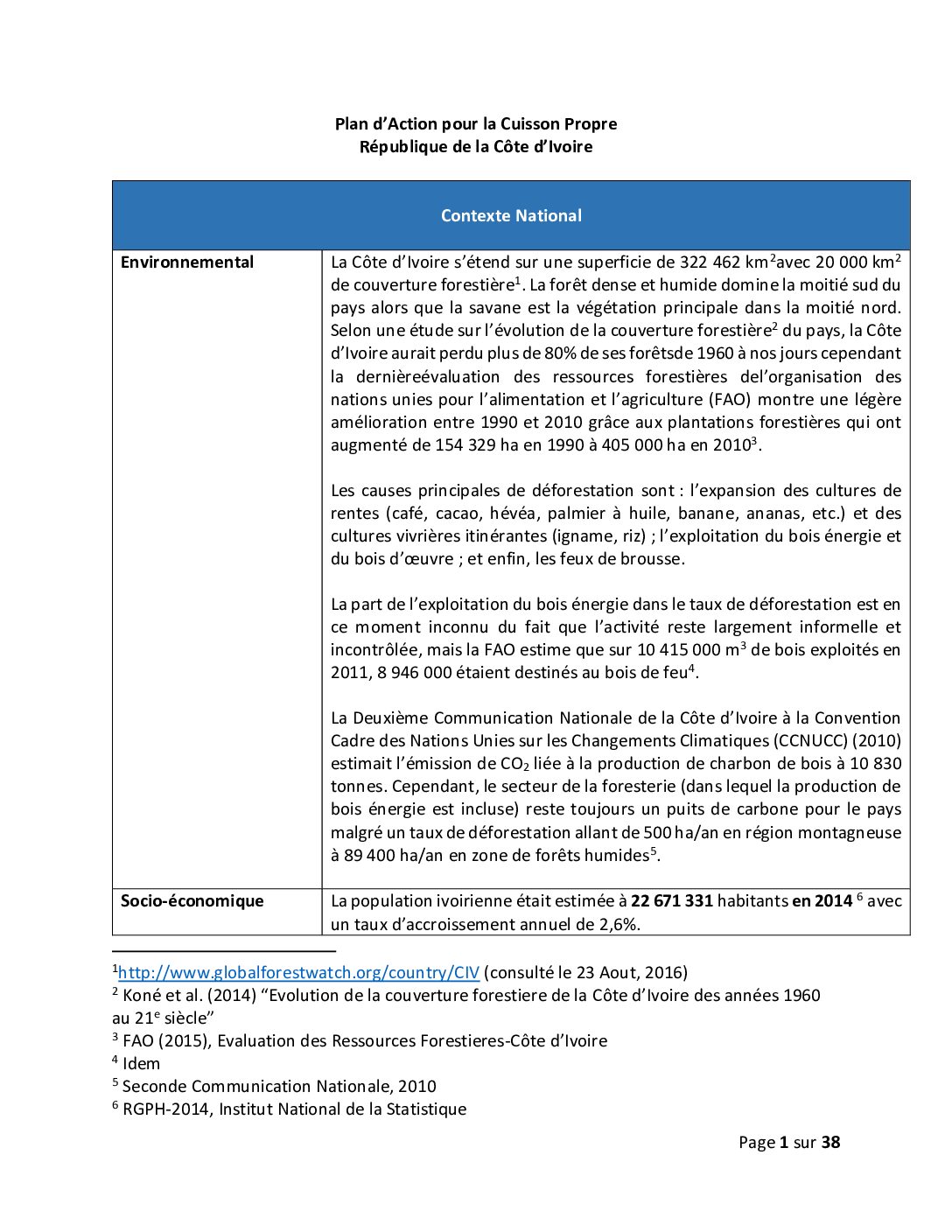This training platform offers two modules which aim to build the capacity of relevant stakeholders to kick-start markets for efficient lighting and appliances in East and Southern Africa. Module 1 introduces markets for efficient lighting and appliances, and Module 2 focuses on lighting.
Water infrastructure is among the biggest users of electricity in many municipalities. This policy brief makes recommendations to government (national, provincial and local) for cleaner energy (renewable energy and energy efficiency) policies related to municipal waterworks and their operations.
This step-by-step guide suggests the key elements that municipal officials need to consider to implement clean energy/energy efficiency projects in waterworks or other municipal operations. It provides information on developing strategies, formulating plans, providing adequate capacity and mobilising resources for successful origination and implementation of a project.
This slide desk provides an overview of energy efficiency standards in Southern and East Africa and presents (draft) harmonized standards for lighting, refrigerators and air conditioners.
This brief provides data on the current state of energy efficiency in Madagascar, and presents potentials for greater ambition in efficiency advancements.
This National Occupational Standard highlights core knowledge, skills, competences and personal attributes that Energy Auditors must possess to be successful in their jobs.
This study presents baseline data on the clean cooking situation in Zambia and describes the achievements thus far of clean cookstoves provider Supamoto.
This assessment provides a detailed overview of the Zambian market for clean cooking solutions.
This report provides an assessment of the status of clean cooking in Côte d’Ivoire, including a demand analysis, an assessment of the regulatory framework, and a series of recommendations.
This is an action plan for clean cooking in Côte d’Ivoire.

